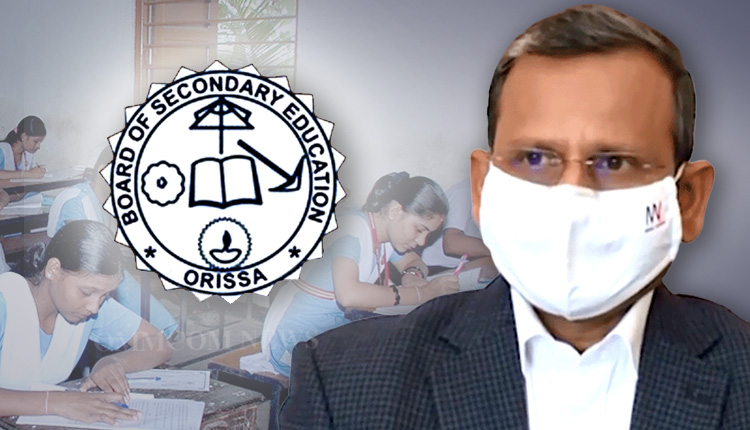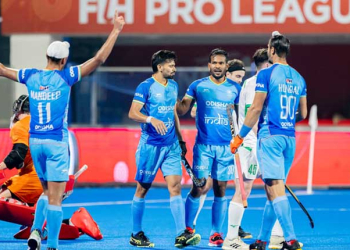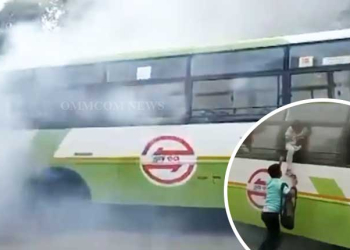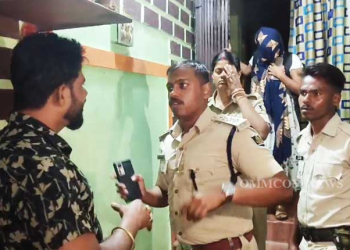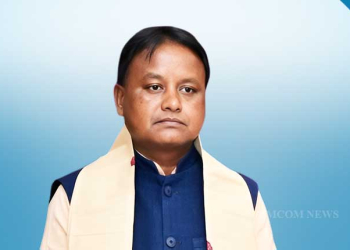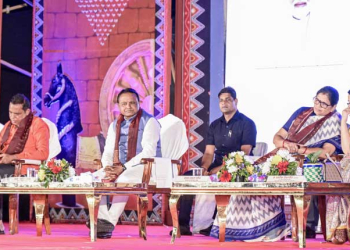Bhubaneswar: The Annual High School, Madhyama Sanskrit, and State Open School Examination conducted by the Board of Secondary Education (BSE), Odisha, will be held from April 29 to May 6 this year, informed Chief Secretary Suresh Chandra Mahapatra on Friday.
Addressing a presser, Mahapatra said that for the last two years, not only Odisha or India but the whole world has been severely affected because of the Covid-19 pandemic. The student community of the State was also not able to stay untouched by the pandemic.
It affected their education as many students were not able to go to schools and the schools were closed many times due to lockdowns and shutdowns. During the 2020-21 academic session the matriculation examination had been cancelled due to the pandemic and the results were declared through an alternative method of assessment.
The situation has improved in the current academic year of 2021-22 and offline classes have started. In view of this, the BSE had been asked to discuss with all stakeholders and decide on a method to conduct this year’s matriculation examination and evaluation.
Following the discussion, all stakeholders agreed that Summative Assessment 2 should be conducted and it should be done in offline mode. The examination should be held for one subject on each day and it should be completed at the earliest.
As the summer season has arrived, the examination should start from 8 AM. As the syllabus will be completed by March 15, all have suggested conducting the examination by the last week of April. Taking all suggestions into consideration, the Government has decided to conduct Summative Assessment 2, said Mahapatra.
In order to reduce the pressure on students, the Government has decided that the evaluation will be held in three methods. The highest marks obtained through any of the methods will be considered final. The first two methods will be the alternative method of assessment, and the third is the new scheme of assessment as decided by the BSE.
The students will appear for the examination in their own schools while teachers from other schools will be appointed invigilators. In case any problem arises, the students will be able to appear for the examination in the nearest school, he added.



